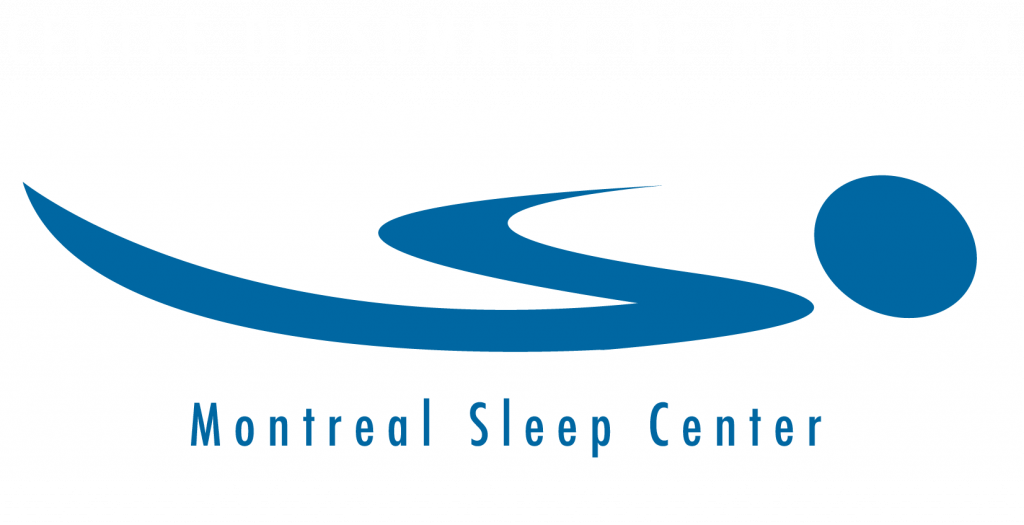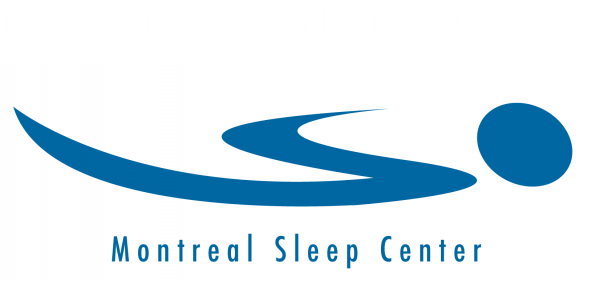While the U.S. continues its battle with the bulge, side effects of the obesity epidemic are also on the rise — some of which can be life threatening. One of these conditions is sleep apnea.
Sleep apnea is a common chronic disorder that not only disrupts our much-cherished slumber time, but also affects our health in other ways. There are different types of sleep apnea, but the most common is obstructive sleep apnea or OSA.
If left untreated, the sleep disorder can cause pauses in breathing or shallow breathing during sleep. When the muscles in the back of the throat relax during sleep, this can cause airway obstruction that stops a person’s breathing for several seconds or longer.
Untreated OSA can also lead to poor diabetes control, make weight loss more difficult to achieve and worsen mood disorders. Even more serious, however, is the increased risk of heart and cardiovascular problems that sleep apnea presents.
“Severe OSA is definitely known to increase the risk of cardiovascular diseases such as heart attacks, heart failure, stroke and high blood pressure, among others,” says Dr. Victoria Sharma, medical director of the Sharp Grossmont Hospital Sleep Disorders Center. “The increased prevalence of OSA is likely in part to blame on the obesity epidemic.”
So, how can OSA lead to a higher risk of cardiovascular disease? When sleep apnea occurs, oxygen levels in the blood can drop significantly. This can cause an increase in blood pressure, as your body adjusts to increase the oxygen levels while you sleep.
Over time, this increased blood pressure during sleep can begin to happen during the hours that you’re awake, leading to high blood pressure. In addition, it can cause arrhythmia (an abnormal heartbeat) and increase the risk of stroke and heart failure.
“Many people don’t recognize that OSA is not just about snoring but can affect many other aspects of their health as well,” says Dr. Sharma.
She adds that it’s important to work with your doctor to find the best treatment for sleep apnea. This is typically done using a continuous positive airway pressure (CPAP) machine, which uses a nasal mask and pump to control airflow as you sleep. Alternate treatments are also available.
If you have severe sleep apnea — and especially if you have any related conditions such as heart problems — treatment is imperative.
“Younger patients or those who already have some of these related illnesses will likely benefit the most from treatment,” says Dr. Sharma. “I see one of my jobs as that of an educator — to make sure they are aware of how serious the consequences of untreated OSA can be.”
—

